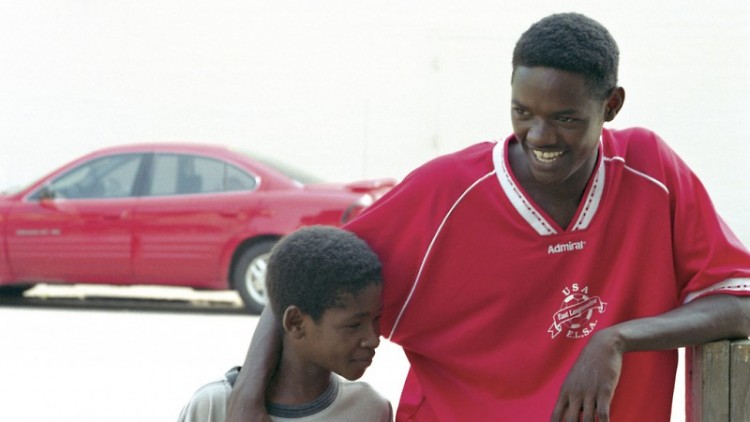Bethany Christian Services PARA (Programs Assisting Refugee Acculturation), West Michigan Refugee Education and Culture Center and several other organizations will host a screening of “Rain in a Dry Land” this Wednesday at 7 p.m. at Wealthy Theatre (1130 Wealthy Street SE) to celebrate World Refugee Day.
The film follows the lives of two Somali Bantu families as they adjust to the differences of moving from warn-torn African villages to cities in the United States. As the newcomers confront racism, poverty and 21st century culture shock, the film captures their efforts to survive in America and create a safe haven for their war-torn families, say promoters.
“Rain in a Dry Land” shows the hardships refugees go through while living in camps.
“It really gives perspective to people who don’t know about what refugees go through,” says PARA's marketing communications specialist Kathleen Law. “Many have spent 10-15 years in camps without running water, and come over not knowing how to work anything in their apartment.”
The film is one event of many celebrating World Refugee Day. On Saturday from 10:00 a.m. to 2:30 p.m. First United Methodist Church is holding the World Refugee Day Arts and Food Festival. The church located at 207 Fulton St E will have food and art from local vendors to raise awareness of the 264,574 refugees who live in America and how the American Red Cross, PARA, Lutheran Social Services of Michigan (LSSM) and other organizations help them adjust to a new life. It also recognizes the refugees who settle locally and gives the public a chance to see what the new citizens bring to their city. “Refugees add culture to Grand Rapids,” says Law. “A community should always be learning and growing through each other.”
Two hundred to three hundred refugees resettle in the Grand Rapids area each year. PARA is one of two resettlement agencies in the area that works to establish a new life for refugees. This year, most of the individuals are from countries in South Asia, with approximately 140 moving from Burma and 60 from Bhutan.
“We provide them with things they wouldn’t be able to gather themselves,” states Law. PARA helps find refugees employment, provides English language classes and helps them with their Social Security and continuing immigration paperwork.
“We find jobs with local businesses, so they are actively contributing to local economy,” Law adds.
The Rapidian, a program of the 501(c)3 nonprofit Community Media Center, relies on the community’s support to help cover the cost of training reporters and publishing content.
We need your help.
If each of our readers and content creators who values this community platform help support its creation and maintenance, The Rapidian can continue to educate and facilitate a conversation around issues for years to come.
Please support The Rapidian and make a contribution today.

